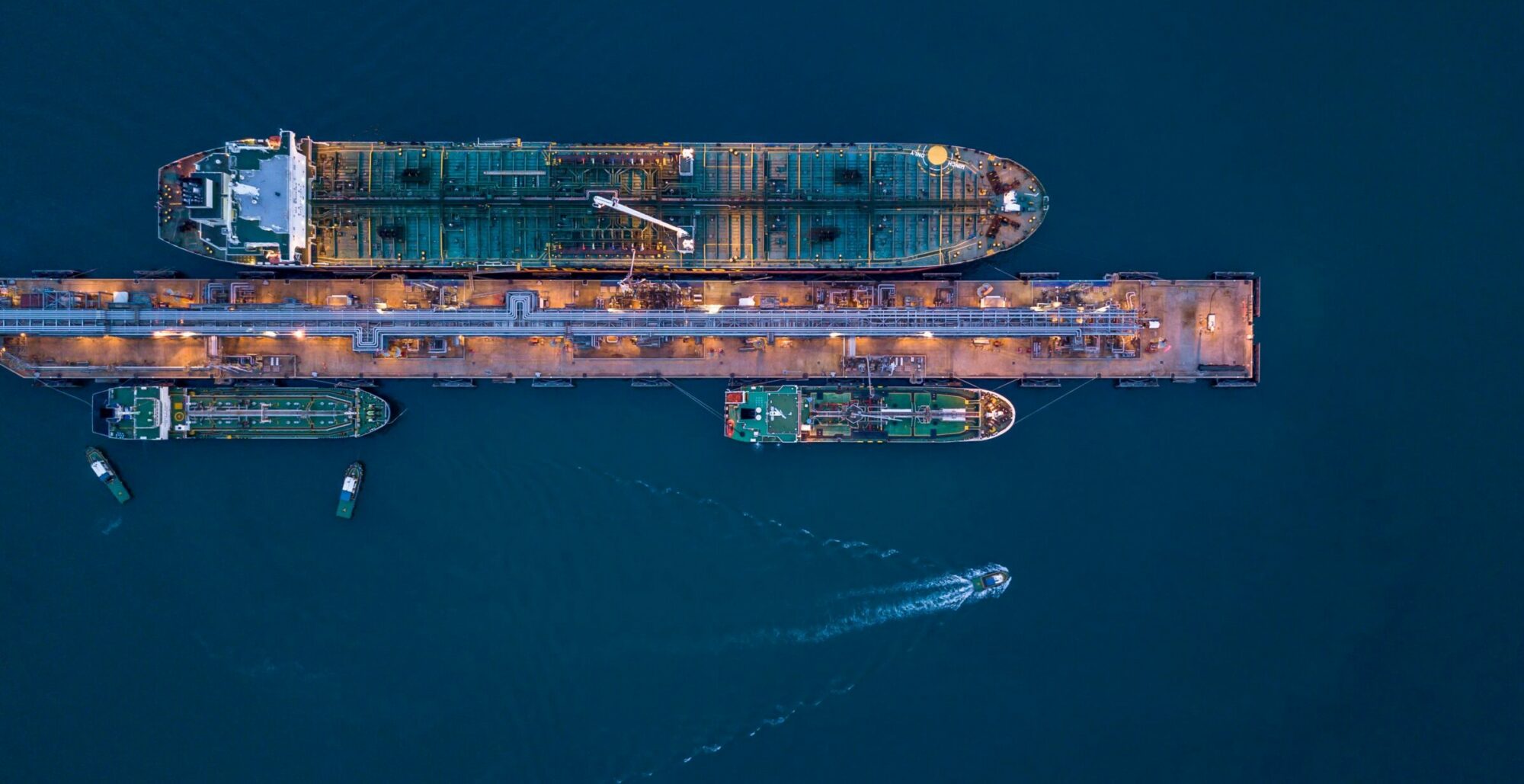A team of Masters, Engineers, and Auditors
SECAT Team Ltd. USA (Safety Environmental Compliance and Training) comprises industry-leading professionals with over 100 years of combined experience in vessel operations, compliance management, and international maritime environmental protection.
We collaborate with top maritime attorneys to advise shipping companies on regulatory developments, ensuring optimal outcomes. Our services and training programs, crafted by an experienced management team, create robust compliance systems for major shipping organizations, adhering to best practices for voluntary environmental compliance.
Effective environmental compliance is paramount
for the maritime industry
As ships traverse the world’s oceans, they must adhere to international standards set forth by the International Convention for the Prevention of Pollution from Ships (MARPOL), and their owners and operators may be exposed to significant commercial, regulatory, and even criminal consequences if they fail to do so.

OUR APPROACH
Creating a Safety and Compliance Culture
Shipboard crews play a vital role in ensuring compliance with environmental regulations, but they need effective training and systems to do so reliably. SECAT offers performance and cooperative-based on-board training, creating a culture of safety and compliance that bridges the multiple cultures and nationalities of vessel crews.
WHY CREW TRAINING MATTERS
Keys to Long-Term Compliance
Environmental Stewardship
Crew members must comprehend the consequences of their actions, and proper training equips them with essential knowledge on waste management, fuel efficiency, and pollution control measures. Through this training, they learn to implement best practices, actively contributing to ocean preservation and reducing ecological impact. Understanding and applying these measures is crucial for maintaining environmental sustainability and ensuring long-term compliance. This proactive approach not only safeguards the oceans but also promotes a culture of responsibility and environmental stewardship among the crew.
Strict Legal Compliance
Beyond the moral and ethical obligation to operate in an environmentally responsible manner, compliance with environmental regulations is a legal requirement. Violations of environmental regulations can result in exclusion from chartering and other contracting opportunities, vessel detentions, delays, and fines, and certain cases, criminal penalties for involved crew, shoreside personnel, and vessel owners and operators. The U.S. Department of Justice (DOJ) opens criminal investigations into vessels suspected of violating MARPOL, with personnel detained for up to a year or more, and the potential for multi-million dollar fines.
Safety and Incident Prevention
The development of corporate and shipboard culture for environmental compliance also promotes an enhanced safety culture. Crews that internalize the necessary professionalism to follow compliance protocols and make effective and proper compliance decisions apply those attitudes and procedures to safety issues and are better equipped to prevent accidents and lost-time incidents. Whether handling hazardous materials, managing ballast water, or ensuring proper disposal of waste, a compliance culture of adherence to regulations and procedures reduces risks and enhances overall safety onboard.
Standard Compliance Policies that we have found to be ineffective and counter-productive:
1
“Strong” and “Strict” Policies
In almost every violation case, the companies involved had what they described as a “strong” or “strict” environmental compliance policy. However, upon review, these policies were typically found to lack the structure, tools — and most significantly — the on-board culture to enforce the policies. Moreover, because of such rigidity, policies are typically difficult to update with changing circumstances and procedures, and contribute to a culture of fear, rather than compliance.
2
Superintendent Visits and ISM audits
Superintendents attend vessels on a regular basis and all companies carry out regular ISM audits, typically using standard checklists to work through countless items during limited in-port opportunities. These visits do not allow enough time to detect compliance violations, find root cause issues, correct training and culture issues, nor ensure proper compliance. Worse, a record of audits that fail to identify and correct compliance failures can suggest to enforcement personnel ineffective, or even complicit oversight, leaving the company vulnerable to punitive actions.
3
A “Zero Tolerance” Policy
Many companies seek to impress crews (and enforcement personnel) with “zero tolerance” policies. This rarely improves communications or compliance. Instead, “Zero Tolerance” mostly discourages personnel from reporting violations or self-reporting mistakes to the company. Which, in turn, often encourages personnel to instead report directly to the authorities as a whistle-blower .
Our Unique Structure
Teaching an open reporting system replaces fear of reporting with a culture of compliance. As an aspect of its unique nature and position, SECAT developed the Environmental Compliance Support structure, to provide vital compliance related services to independent ship managers, giving them access to skills, experience, and expertise that would be difficult for companies to grow on their own.
With this, SECAT brings it expertise and industry connections. During the last 20 years, we have built up a network of support and contacts in various organizations such as USCG (Sectors and Headquarters), Flag, Class organizations, IMO, Intertanko, NAMEPA, and others.
SECAT works seamlessly with all parties related to compliance, utilizing an effective and corporate approach, rather than a basic checklist system. This creates increased value for the ship owners, ensuring successful and objective audit visits, so they can sleep well at night.
Our program is primarily based on sailing audits, during which the auditors have the opportunity to work with the crews in real-time, providing an invaluable opportunity to observe and assess the real-word challenges and procedures.
SECAT is proud to work closely with the following organizations:




Our History
The origins of SECAT traces back originally to OMI Corporation. After experiencing a MARPOL violation in 2001, the leaders of OMI recognized that compliance required more than just a strong policy – it requires the development of a culture that values compliance and professionalism from the ground up. The development of that program contributed to a significant turn-around in company performance and share value.
When part of OMI, including its compliance program, was acquired by TORM in 2007, the core leaders of the compliance team continued on to further design and implement a sustainable and robust approach to ensuring compliance in a rapidly evolving maritime industry. The team developed an approach including onboard forensic compliance auditing, prompt and professional investigations into incidents using both in-house experts and external consulting partners, performance and cooperative-based training, and the building of a compliance culture bridging the multiple cultures and nationalities found within vessel crews and office teams.
In 2014, the compliance team was acquired by Scorpio and developed into an independent consulting and compliance organization within the Scorpio Group of companies. Since that time, SECAT has continued to grow and develop, and has kept pace with the changes in the maritime industry and the evolving needs of ship managers and owners.
Find out what SECAT Team can do for you.

